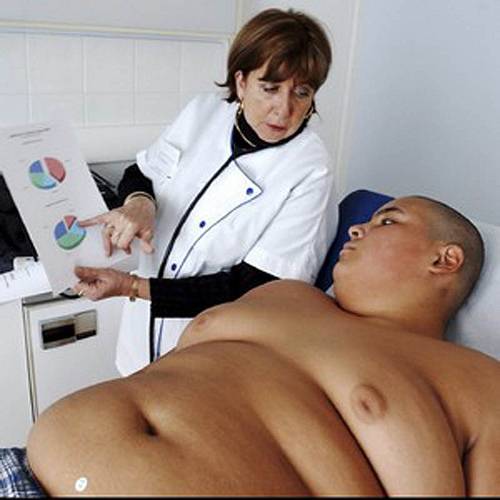With obesity reaching record levels in the United Kingdom there has been a significant increase in the number of patients opting for permanent surgical solutions. Where a patients BMI has reached life threatening levels consultants may decide that surgical options like gastric band or bypass are essential. Perhaps a patient has been unable to lose weight for over five years despite trying exercise and diets. Specialist consultants and surgeons will be able to assess each patient’s case and decide between a number of procedures.
In most cases any patient who is elected to undergo surgical treatment will have to lose significant amounts of weight before surgery can be performed to reduce the complications of anaesthetics in obese patients. Specialist anaesthetists will assist during surgery as obese patients face additional complications when undergoing an operation.

Gastric bands and gastric bypasses should not be viewed as an easy option. Both are serious surgical procedures which will result in permanent changes to the patient’s life forever. To be considered for either procedure patients must fully understand in advance the changes to their lifestyle post-surgery. After the procedure it is possible for the doctor to adjust the position of the gastric band to allow different volumes of food to pass through the stomach. These kinds of operations should only be performed by highly qualified specialists; these are delicate procedures which can result in serious complications if not performed properly.
Gastric bands when fitted reduce the size of the stomach making it impossible for patients to eat large quantities of food and create a feeling of being full quicker. This helps obese patients to reduce the quantity of food being consumed on a daily basis and should over time enable them to maintain a healthy weight.
Gastric bypass permanently reduces the size of the stomach and is a more serious surgical option. This is used in extreme cases and often is seen as a last resort by consultants who feel a patient’s life is at risk without surgery. When opting for a bypass the surgeon will change the process of food being digested. The small intestine is connected to a small hole in the patient’s stomach, the food is then able to pass from the stomach straight into the small intestine, and as a result the body absorbs fewer calories.
There are new procedures called laparoscopy where the procedure is done via several small cuts to the stomach, these reduces recovery time and shock to the body. Post operation patients will have fewer scars and not feel the same levels of pain compared to other gastric surgery options.
During the surgery and when overweight patients have lost large amounts of weight there will be excess skin left. Many patients opt to have this skin removed or tightened so that loose skin is not left post surgery. Patients will need considerable support post operation and many clinics offer on-going counselling and assistance to patients who have undergone serious gastric surgery. With help patients can go on to live more healthy lives with their families.
Written by Kat Kraetzer, an experienced blogger working in the health-care industry for many years

